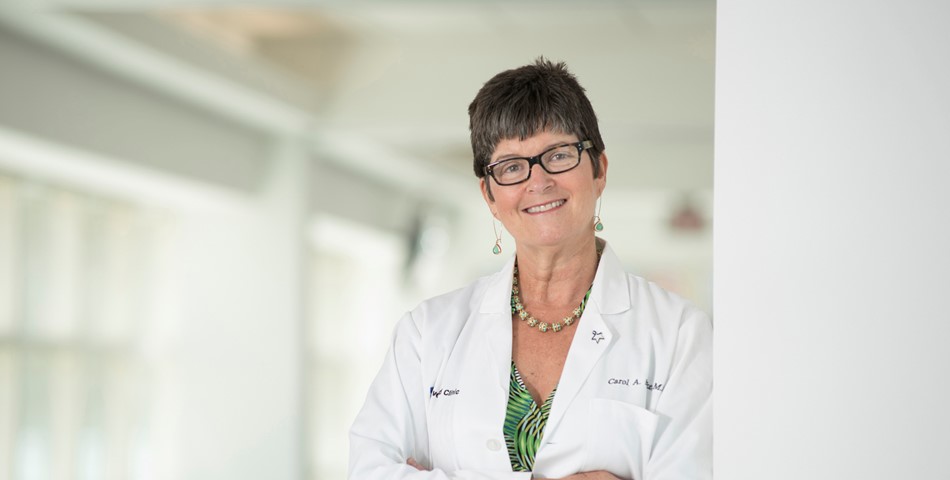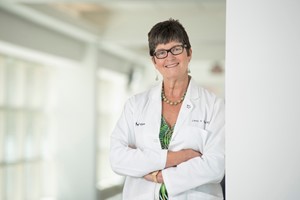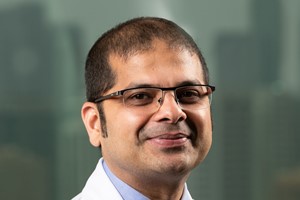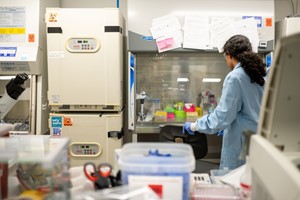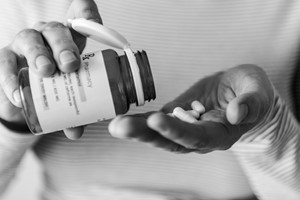Colorectal cancer is both common and preventable, and a colonoscopy is the best tool to reduce your colon cancer risk, says an expert from a top American hospital, Cleveland Clinic. “If you’ve got a colon, you’re at risk of developing colorectal polyps and cancer,” says gastroenterologist and colon cancer expert Carol Burke, MD.
Here, Dr. Burke shares seven reasons why a person should schedule a colonoscopy.
- Colon cancer can happen to anyone
Colorectal cancer is the third most common cancer and the second most common cause of cancer deaths. In the U.S., colorectal cancer screening is suggested to begin at the age of 45 years or younger if there is a family history of colorectal cancer. Most people who get colon cancer are over 50. However, in the last decade, the rate of colon cancer has increased in younger adults. It can strike anyone, even otherwise healthy people with no family history of the disease.
- Colonoscopies prevent colon cancer
Unlike many cancers, colon cancer is preventable. It starts from little growths called polyps that develop on the lining of the colon or rectum. Over time, some of these polyps can become cancerous. During a colonoscopy, doctors spot and remove these polyps. Removing polyps decreases the risk of colon cancer.
- You cannot rely on symptoms to warn you that you may have polyps or early colorectal cancer
Polyps and early-stage curable colon cancer may not cause symptoms. You should not wait for symptoms to develop before having a colonoscopy as early detection is key. Remember that during a colonoscopy, polyps can be eradicated before they turn into cancer. If you do have symptoms such as rectal bleeding, sudden change in bowel habits, unexplained abdominal pain or weight loss, a colonoscopy should be considered, so talk with your doctor about these symptoms.
- Colonoscopies require a clean colon and are not painful
People are often wary of the laxative they have to drink to prepare their bowel for the exam. However, bowel prep is much improved these days with a much lower volume of laxative required for optimal cleansing and an improved taste.
As for the exam itself, it is often done during so-called “twilight sleep,” or conscious sedation. With twilight sleep, 99% of patients are comfortable during the exam. Most people find that is much more pleasant than ever expected. Many people do not even remember it all afterwards.
- Colonoscopies are accurate
Doctors call colonoscopies “the gold standard” for a reason. They can detect more than 95% of colorectal cancers and large precancerous polyps in the colon.
- Colonoscopies are safe
Despite rumors to the contrary, colonoscopies are extremely safe when performed by experienced specialists.
While there is a risk of bleeding and perforated bowel (basically, a hole poked through the colon), the risks are low. Fewer than 1 in 1,000 people experience bleeding or a perforated bowel. By contrast, about one in 22 people will develop colon cancer in their lifetime.
If you have any questions or concerns about getting a colonoscopy during the pandemic, your healthcare provider can share the steps they are taking to keep everyone safe.
- Colon cancer screening puts your health in your hands
The American Cancer Society recommends that people start colorectal cancer screenings at 45 years of age. However, if you have a family history of colon cancer, you might benefit from earlier screenings, so talk to your doctor about this.
The great news is that colorectal cancer can be prevented through adherence to colorectal cancer screening but, unfortunately, in the U.S. for example, nearly 40% of eligible adults have not had screening. Taking the time to have a colonoscopy can protect your health and decrease your colon cancer risk.



